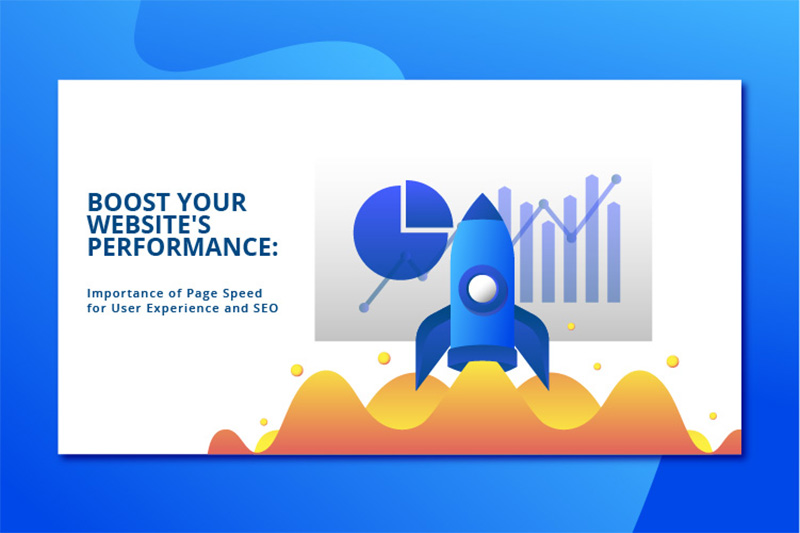Importance of Website Page Speed for User Experience and SEO

In today’s digital landscape, where attention spans are shorter than ever, the speed at which a website loads can make or break user engagement and search engine visibility. Page speed, often overlooked in the grand scheme of website optimization, holds immense significance for both user experience (UX) and search engine optimization (SEO). In this blog post, we’ll delve into the importance of page speed and explore how it impacts both user satisfaction and SEO rankings. What is Page Speed? Page speed refers to the time it takes for a webpage to fully load its content, including text, images, scripts, and other elements. It is typically measured in seconds and plays a critical role in shaping user perceptions of a website’s performance. Page speed encompasses various metrics, including time to first byte (TTFB), first contentful paint (FCP), and time to interactive (TTI), each providing insights into different aspects of loading times. Impact on User Experience The significance of page speed in shaping user experience cannot be overstated. Studies have consistently shown that users expect websites to load quickly, with any delays leading to frustration and abandonment. A slow-loading website not only hampers user satisfaction but also increases bounce rates, as impatient visitors are quick to seek alternatives. In today’s fast-paced digital environment, where consumers have countless options at their fingertips, a seamless and rapid browsing experience is paramount to retaining audience engagement and loyalty. Impact on SEO Rankings In addition to its influence on user experience, page speed is a crucial factor in determining a website’s search engine rankings. Search engines like Google prioritize user-centric metrics, including page speed, when ranking websites in search results. Google’s algorithm considers page speed as a ranking factor, with faster-loading pages often receiving preferential treatment in search results. By prioritizing page speed optimization, website owners can improve their chances of ranking higher in search engine results pages (SERPs) and driving organic traffic to their sites. Factors Affecting Page Speed Several factors contribute to the speed at which a webpage loads, including: Tools to Measure Page Speed Several tools are available to measure and analyze page speed performance, including: Strategies to Improve Page Speed Optimizing page speed requires a multifaceted approach, incorporating various strategies such as: Case Studies of Successful Optimization Efforts Several businesses have successfully optimized their page speed, resulting in tangible improvements in user experience and SEO rankings. For example, a leading e-commerce retailer implemented image compression and browser caching, resulting in a 30% reduction in page load times and a 15% increase in conversions. Similarly, a news website improved its page speed by leveraging a CDN, leading to a 20% increase in organic traffic and a 10% boost in ad revenue. Conclusion: Prioritize Page Speed for Better UX and SEO Search engine rankings and user experience are significantly influenced by page speed. Website owners may increase customer happiness, lower bounce rates, and increase their chances of ranking better in search results by giving page speed optimization top priority. The rising need for rapid satisfaction and the widespread use of mobile devices make investment in page speed optimization essential for success in today’s digital environment. So, boost the functionality of your website and see how it helps you become more visible and successful online.

